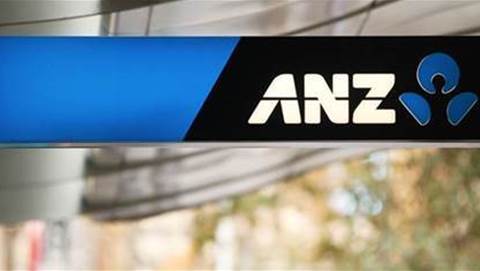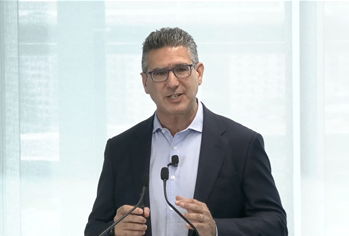Health insurer HCF is the latest in a string of enterprises to launch an accelerator program aimed at boosting innovation, offering up to $150,000 for healthtech start-ups.

The HCF Catalyst program is being run in partnership with accelerator program Slingshot, which has also partnered with NRMA on its own Jumpstart initiative.
HCF joins the likes of Seven West and the CSIRO, which have recently used the start-up accelerator model as a means of boosting internal and external innovation.
Between six and eight early-stage start-ups will be given the opportunity to participate in the insurer's program.
Successful applicants will receive 12 weeks of mentoring and services along with restricted access to HCF’s customer base in order to help validate their business models.
Slingshot will claim 10 percent equity in the businesses that participate.
HCF expects around 200 start-ups will apply for the program.
At the conclusion of the program, the start-ups will have the opportunity to pitch for further investment at a demo day and for a further $100,000 in seed funding from the Slingshot Venture Fund.
A second stream of the program will allow four later stage start-ups the opportunity to gain access to HCF’s customer base in order to scale up their businesses.
These start-ups will not receive any mentoring or funding, but will also not have to give up any equity to participate.
Both strands of the program target healthtech start-ups - businesses that use new technology (such as wearable devices, smartphone apps or big data) to provide therapeutic benefit to users.
The program is focused on ideas that can be tested in 12 weeks for $50,000, meaning it is unlikely to meet the needs of medical research teams developing new drugs or hospital equipment, which typically require over $1 million in order to commercialise a product.
Slingshot founder Craig Lambert told iTnews HCF was interested in gaining access to both early stage start-ups that can disrupt markets over the longer term, and to act as a “concierge” for innovative later stage start-ups already delivering innovation.
“HCF is not too dissimilar to most corporates in that they’re looking for new technology and an opportunity to engage their customers in a new way,” Lambert said.
“Corporates are generally structured to deliver existing products and services to existing customers. This program is an opportunity to look over the horizon and help them see in a short space of time what’s out there in the marketplace.”
In partnering with Slingshot, HCF is able to offload the equity and risk involved in investing in early stage start-ups.
“Because we’re running it as a lab, there will be some failures. To have a listed entity take equity at an early stage would not be appropriate," Lambert said.
The Australian healthtech community has boomed in recent years, with Melbourne meetup group Start-Up HealthTech Melbourne drawing attendances of around 1000 people to some of its meetings and similar interest in other east-coast capital cities.
However, some figures in the healthtech community have complained of a lack of dedicated incubator and accelerator programs holding back development of the sector locally, especially when compared to US programs such as Start-up Health, Blueprint, Healthbox or Rock Health.
The situation has been somewhat alleviated in recent years through programs such as Janssen’s HaTCH program and STC’s Medtech’s Got Talent in Melbourne, Innovyz’s healthtech stream in Adelaide, as well as the nationwide RumpusOz innovation challenge.
Beyond the start-up space, a number of established enterprises are also targeting the emerging healthtech sector, the most notable example being Telstra with its growing healthcare unit.








.png&w=100&c=1&s=0)

 iTnews Benchmark Security Awards 2025
iTnews Benchmark Security Awards 2025
 Digital Leadership Day Federal
Digital Leadership Day Federal
 Government Cyber Security Showcase Federal
Government Cyber Security Showcase Federal
 Government Innovation Showcase Federal
Government Innovation Showcase Federal
 Digital NSW 2025 Showcase
Digital NSW 2025 Showcase












_(1).jpg&h=140&w=231&c=1&s=0)



